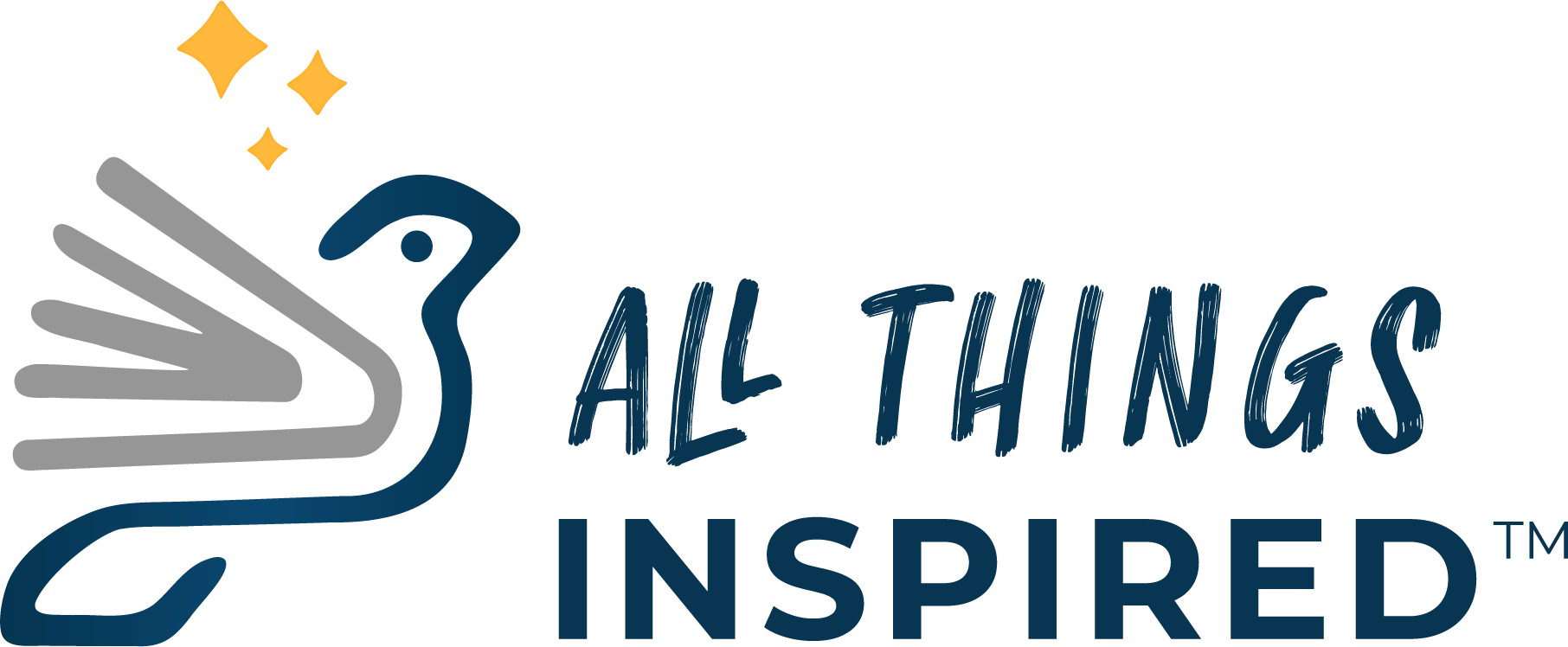.png)
05.18.25
Marty Clemens
Commitment - part 1
"Commitment is pushing yourself when no one is watching!"
Commitment is the principal pledge of being dedicated to a cause!
Commitment is a principal pledge of being dedicated to a cause. Commitment is the willingness to devote your time and energy to something you firmly believe in. It means that you are willing to give everything you can to fulfill a promise to yourself that you would see your plan through to accomplishing your goal.
Why is commitment so important? When you have developed a sense of discipline (as we discussed in the last articles) you will understand that your commitment, along with your discipline, will guide you in all phases of your life. Motivational speaker, Denis Waitley said that commitment is that turning point in your life when you seize the moment and convert it into an opportunity to alter your destiny! When you make a commitment to yourself, you must do so with the understanding that the pledge you have made is a pledge of your integrity.
You might ask the question, how is commitment different from discipline? Good question. Commitment is being dedicated to a specific cause or goal. While being disciplined is more about adhering to or obeying the rules you have set for yourself to function by in your pursuit of a cause or goal. Both can be defined as being your word or promise. Discipline could be considered the track we take to get us where we need to be, while commitment is the emotional engine that drives us to the point we want to get to.
Much like the outline of the articles in this series, both discipline and commitment start with having the right mindset, a clear vision of what you want for yourself and choosing your goal or goals you want to pursue. Another way to look at the difference would be to consider discipline as something that is outwardly motivated. The "what we should do". Yet, it is also that inner voice that we hear in our mind trying to direct us back into line. Commitment then is more of a choice we make with intentions. In this regard the difference between commitment and discipline will conflict. However, if we find a way to have discipline and commitment working harmoniously in our efforts, the results can be euphoric.
Commitments can be classified into three types, Affective, Continuance, and Normative. Let's look at what each of these types represent:
- Affective Commitment - refers to affection. In organizations it would relate to how much an employee wants to stay. In terms of your goals, if you are passionate about the goals you have set for yourself, your affective commitment to seeing them through is at its greatest.
- Continuance Commitment - is aligned with need. As an employee you may feel the need to stay with your company, and this can sometimes be due to a lack of alternatives available to you. The same is true in relation to your goals. Is your commitment to your goals one of continuation? This may be because your goals weren't really your passion, but you thought they were more attainable, or your passionate goals were unrealistic in your mind.
- Normative Commitment - are driven by guilt. You may feel that leaving your occupation would be disastrous and create a sense of guilt. In terms of goals, this is where commitment and discipline tend to waver. Your drive toward your goals may be shaken as you think you won't be successful at achieving them.
These types of commitments are most usually associated with organizational commitments of employees but can certainly relate to your commitments in pursuing goals. Now let's look at the different levels of commitment. A good example of where a commitment can start is by making New Year's resolutions. Everyone has dabbled with making these resolutions at some point in their life. It's a great time for a new start and new changes in your life. The problem tends to show its ugly head when we fail to realize the different levels of commitment. And, shortly after the break of a new year, the real world comes rushing back into our lives and these resolutions can be easily cast aside. To help you understand how to navigate through commitment, regardless of the time of year you set goals, let's examine the levels of commitment. This content comes from "The 5 Levels of Commitment: Replace Resolutions with Results", written by author Howard Partridge.
Level 1: Self-Awareness
First, you become aware of a new idea or a new skill you want to develop. You become aware that change is needed. You get a new vision and desire was created. This is a great start!
Level 2: Willing To Change
This is where most people get stuck. Once they get started on the goal, the skill, or the habit, they immediately realize implementation is going to be much harder than they thought. They get resistance from others; they face some fears, and the big bad habits immediately return.
Humans change mostly through desperation or inspiration. The problem with desperation is as soon as you get back into your comfort zone, you'll relax again. At some point, inspiration must kick in. You have such a strong vision that you'll crawl across broken glass to make it happen.
Level 3: Intense Focus
Once you've made the decision to change, you'll enter a period of intense focus to begin building a new habit. But you're only halfway there. The ground-breaking book The Power of Habit by Charles Duhigg, points out it takes as much as 245 days to build a new habit depending on the habit and how much emotion is tied to it. Cary Keller's best-selling book, The ONE Thing, reveals the average is 66 days. Stay consistent for 66 days.
Level 4: Commitment
At some point during the consistency of level three, you become committed to the new lifestyle, habit, or routine. You're seeing some concrete results. Your confidence increases because of it. This new-found confidence may even turn into inspiration which will carry you a long way.
Level 5: Character
Level 5 is when you have truly become the person you want to be. This is when your habits and values have changed. Your life and destiny are determined by your values. How do you know you've reached this level? Only time will tell.
In conclusion this week, commitment is our ability to do what we promised ourselves, regardless of how difficult it might be to accomplish. It is a personal characteristic that allows us to set standards and live up to those standards each day. Our commitment is our focal point of self-respect, admirability, and self-worth. Next week we'll follow up with what is a contribution versus a commitment and what makes a person committed.
Be inspired! Inspire others!
For an additional perspective on this topic, check out this video:
"Commitment"
- Eddie Pinero
Like what you've read so far?
Want to read more posts like this?
Get notified as soon as more posts like this are published!


.png)

